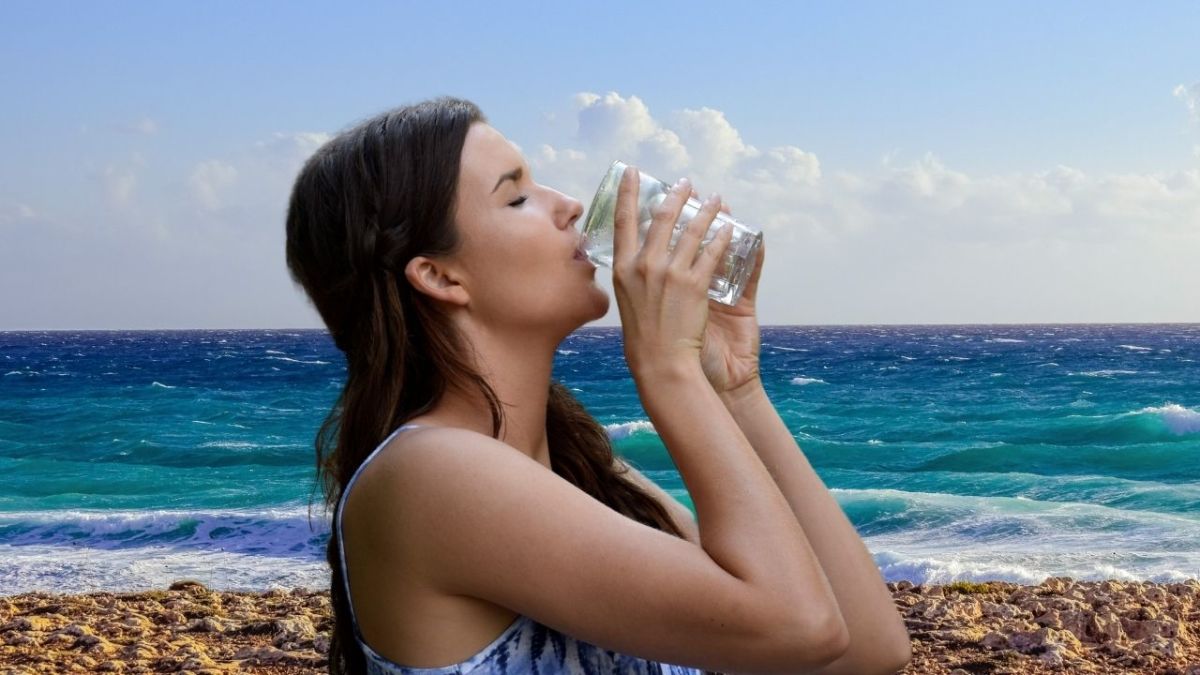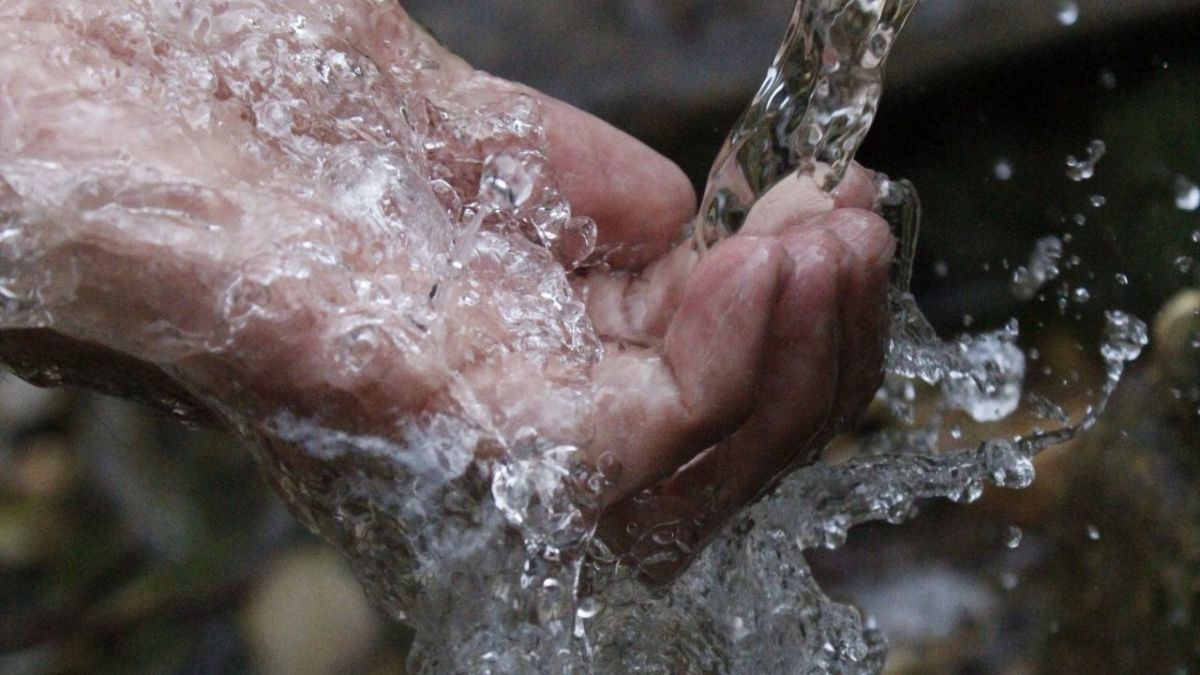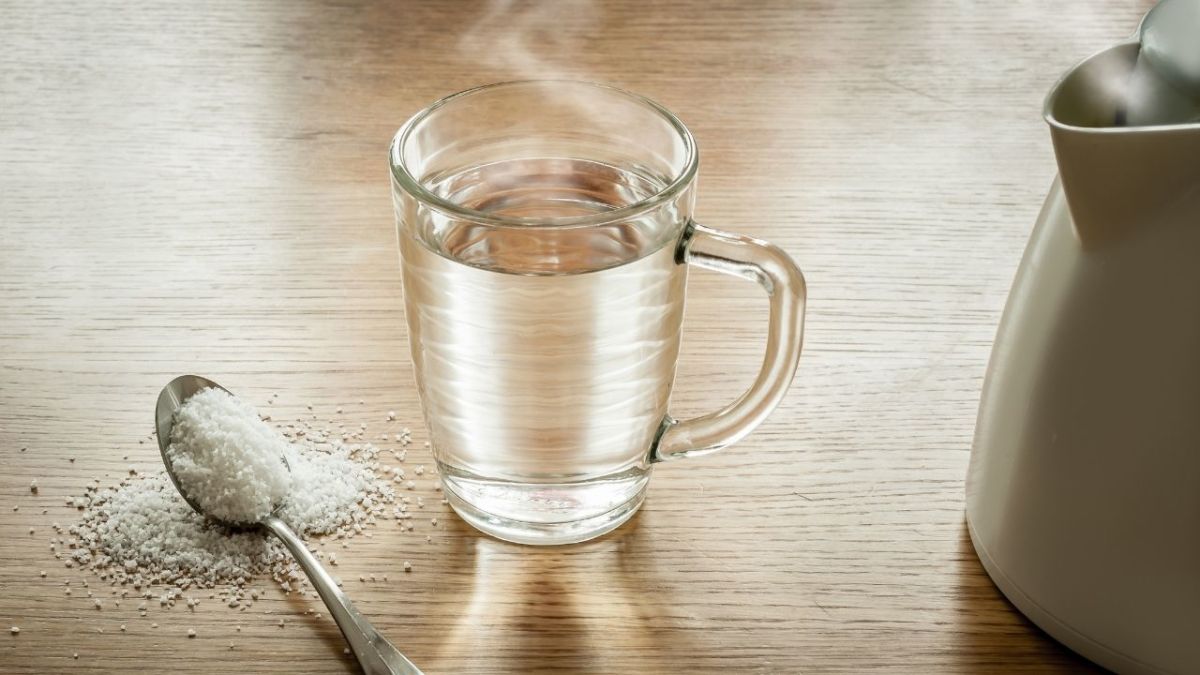
Can drinking saltwater or seawater make you sick or even kill you?
👉 The key facts from this guide
- Drinking salt or seawater can make you sick and even kill you in large amounts. It can lead to dehydration, nausea, vomiting, and in the worst-case scenario, death.
- Drinking small amounts of salt or seawater is not immediately deadly, but larger amounts can cause health problems.
- In a survival situation, it is advisable to use alternative methods of water collection instead of drinking seawater.
- Seawater can be made drinkable through a technique called desalination.
- It is important to consume salt and water separately. Small amounts of salt are good, and plenty of fresh water is a must.
As a child, I tried saltwater at the beach, and it didn't taste good at all.
Not too long ago, I tried it again, and it didn't taste any better.
I couldn't help but wonder, Can drinking saltwater or seawater make you sick or even kill you? What are the side effects of drinking salt or seawater?
And I did some research, and now I want to share my findings with you.
Can drinking saltwater or seawater make you sick or even kill you?
Drinking small amounts of salt or seawater won't kill you. However, drinking large quantities of saltwater can definitely make you sick (causing nausea and vomiting), and large amounts can lead to dehydration, which, is left untreated, can be fatal.
Even a small sip of seawater can make you sick, depending on your health, current hydration, and whatever else may be in the water you swallowed.
"When we consume too much salt, it is primarily excreted by the kidneys, which leads to a significant loss of water. That's why excessive salt consumption can possibly affect the kidneys. The more salt in the body, the more fluid must be available."
- from wissenschaft-im-dialog.de
You must inevitably consider the salt concentration in the water. Let's consider normal saline solution, as found in nasal sprays. This is a mixture of salt and water.
It essentially contains the same amount of salt and water as a normally hydrated person.
If you drink it, it will not increase or decrease your fluid demand, in other words, you will not become more or less thirsty.
The solution contains 9 grams of salt per liter of water (0.9%). As for seawater, there are many variables, but on average seawater has a concentration (salinity) of about 35 grams per liter of water.
To learn how to make saltwater or seawater drinkable, read my article, "5 Ways to Remove Salt from Water (So You Can Drink It)."
How much seawater can I safely drink?
That depends on your fluid status, but doctors definitely do not recommend drinking seawater. Even drinking a single sip of seawater can make you sick and vomit. At the very least, drinking saltwater brings you closer to dehydration.
Everyone who has swallowed seawater while swimming in the sea knows that it won't kill you.
But imagine you are stranded on a deserted island and you are extremely thirsty. Drinking seawater now will certainly not help quench your thirst, but will accentuate it.
Through osmosis, saltwater in the intestinal tract takes water from the body. You will also have to excrete more urine to normalize the salt content of your body.
Sodium (salt) is one of many substances our bodies need to function properly. But as with so many things, it's all about the dosage of food and drink intake.
Most of us know that too much salt in our diet is bad for people with high blood pressure. However, most people don't know that salt can actually be toxic.
Taking in a lot of sodium can overwhelm our body and lead to a dramatic increase in sodium levels. This is true whether we take it all at once or if we take large amounts over a period of hours, days, or weeks.
If you overdo it with salt consumption, salt can even have a toxic effect. The reason for this is osmosis: To balance the increased salt concentration outside the cell membranes, water is removed from the cells. If the body is not given enough water afterward, it can lead to diarrhea and vomiting and can even result in death due to heart and respiratory problems."
– from wissenschaft-im-dialog.de
So, you see that even a lot of 0.5 to 1 gram of table salt per kilogram of body weight can lead to death. That's about ten tablespoons of table salt per day, which is about 100–150 grams of salt.
And that's why saltwater is so dangerous: If you drink 3 liters of seawater, which contains about 35 grams of salt per liter, you will consume 105 grams of salt. This dose can be lethal.
If you drink seawater, how much freshwater do you need to drink to compensate for the seawater you drank?
Water without salt is the best way to balance salt in the body. For an adult, it is recommended to drink about 80-100 ml of water to flush out 1 g of table salt.
Seawater has an average of 35 grams of salt per liter, and the WHO (World Health Organization) recommends a salt intake of less than 5 g per day.
To balance one liter of seawater with 35 grams of salt per liter to 5 grams of salt per liter, you would need to mix the seawater with 6 liters of salt-free water (5 g of salt will remain because they are not unhealthy).
So ideally, you should drink more than 6 liters of water to balance 1 liter of seawater. But drinking too much water at once is dangerous and definitely NOT recommended.

Generally, there are many variables to consider and even some controversies. Overall, it is undeniable that if it is difficult to obtain fresh water, drinking just a little seawater will not quench your thirst.
If you find yourself in a survival situation, there is no safe amount of seawater you can drink. Your only option is to learn about distillation methods or find fresh drinking water.
What are the side effects of consuming salt or seawater?
There are several possible side effects of consuming too much saltwater or seawater. These side effects may include:
- Dehydration
- Increased blood pressure
- Loss of calcium
- Nausea
- Weakness
- Delirium
In extreme cases, if you become dehydrated, your ability to cope will decrease. If you still don't drink water to balance the effects of excess sodium, your brain and other organs will be less supplied with blood, which can lead to coma, organ failure, and eventually death.
Can drink saltwater cause vomiting?
Drinking saltwater can cause you to vomit. In the past, people used salt to induce vomiting after poisoning, but this is a dangerous practice and was fatal for some.
You should definitely not use this practice any more today, as it can lead to death, as described above. This is especially true for infants and children.
If there is already a shortage of water, the life-threatening limit is reached even faster by drinking saltwater.
Does drinking saltwater or seawater make you go crazy?
If you try to make saltwater your main source of water intake, it is possible that you will become dehydrated and eventually develop delirium. So yes, too much consumption of sea or salt water can make you go crazy.
"Delirium is an acute, but reversible, disorder of consciousness characterized by temporal and spatial disorientation, confusion, and hallucinations."
- https://www.gesundheit.gv.at
How much saltwater or seawater is safe to drink?
Doctors generally do not recommend drinking saltwater or seawater. Even drinking a sip of seawater can cause discomfort in some people.
Even small amounts of saltwater or seawater can lead to dehydration and put a strain on the body. If there is no other choice, one can try to purify the saltwater or seawater through filtering, boiling, or evaporation to obtain drinking water.
What symptoms can occur with saltwater poisoning?
The symptoms of saltwater poisoning can vary depending on the severity. The most common symptoms include cramps, nausea, vomiting, dizziness, confusion, fainting, and unconsciousness. In the worst case, saltwater poisoning can lead to cardiac arrest or even death.
What should you do if you've drunk saltwater or seawater?
If you have accidentally drunk saltwater or seawater, you should immediately start drinking fresh water and avoid drinking saltwater or seawater. If symptoms of dehydration or saltwater poisoning occur, you should seek medical help immediately.
Is the saltwater flush or saltwater cleanse a good idea?
Maybe you have heard that drinking saltwater is healthy. Occasionally, this is also promoted as an effective weight loss method, and it is said to "flush out your toxins".
In a saltwater flush, a mixture of warm water and non-iodized salt is drunk.

However, it appears that this practice is somewhat controversial, and I advise against it.
Salt and warm water have a laxative effect. It usually causes an urgent bowel movement within half an hour to an hour, but it can take longer.
If you take a salt water flush, it has the same potential side effects I mentioned above. These include dehydration and increased blood pressure. If you already have high blood pressure, then the salt water flush is definitely not a good idea for you. Other side effects are calcium loss, nausea, and delirium.
Do not perform a salt water flush if you have:
- Heart problems
- Diabetes
- Edema
- Kidney problems
- High blood pressure
- Gastrointestinal problems such as ulcers or inflammatory bowel disease
There seem to be only two reasons to try a salt water flush. First, you may have chronic constipation or second, you have irregular bowel movements.
If you still decide to do it, please be careful and consult your doctor.
Final words on drinking saltwater or seawater
In summary, while drinking small amounts of saltwater or seawater may not be immediately fatal, larger amounts can cause health problems such as dehydration, nausea, vomiting, and may even lead to death.
In a survival situation, it is advisable to use alternative methods for water collection instead of drinking seawater.
It is important to note that you can actually make seawater drinkable by using a basic technique called desalination.
However, in general, you should avoid drinking seawater or saltwater.
Of course, consuming small amounts of saltwater will not kill you, but salt and water should clearly be consumed separately.
Remember, small amounts of salt are good and lots of fresh water is a must!


Author of the guide
Martin Gebhardt
Hey, I'm Martin. On my blog, you will learn the basics and numerous details about living in the wild. I think survival, bushcraft and the good life in nature are the keys to happiness. Find me here on Instagram or on YouTube. You can find more about my mission on the About Me page.
Was this guide helpful?
44 people found this guide helpful.
4.83 out of 5 points (46 Ratings)
Comments (0)
This post may contain affiliate links. So if you click on the links and make a purchase, I will receive a small commission at no additional cost to you. Click here, to learn more about it.


